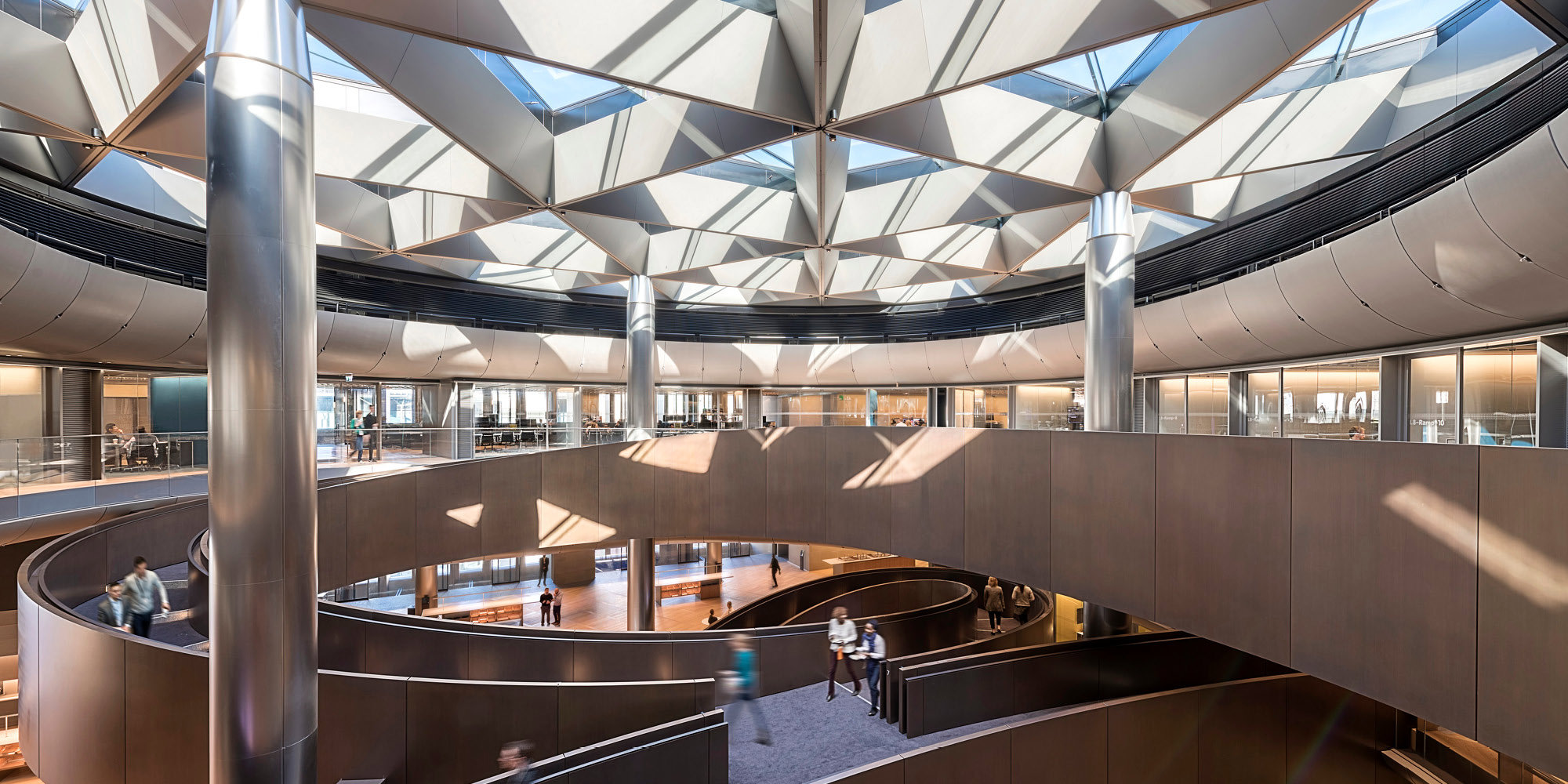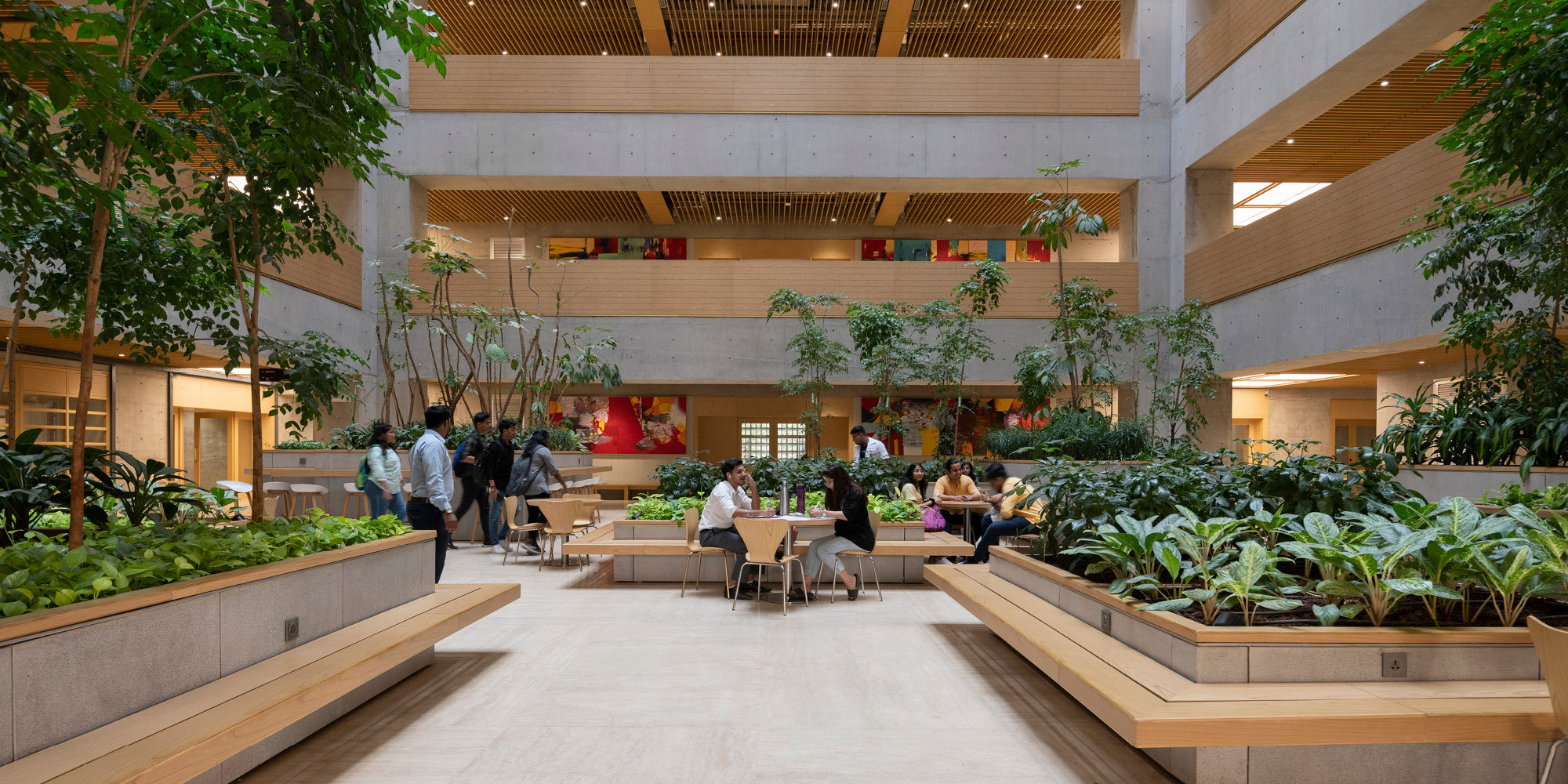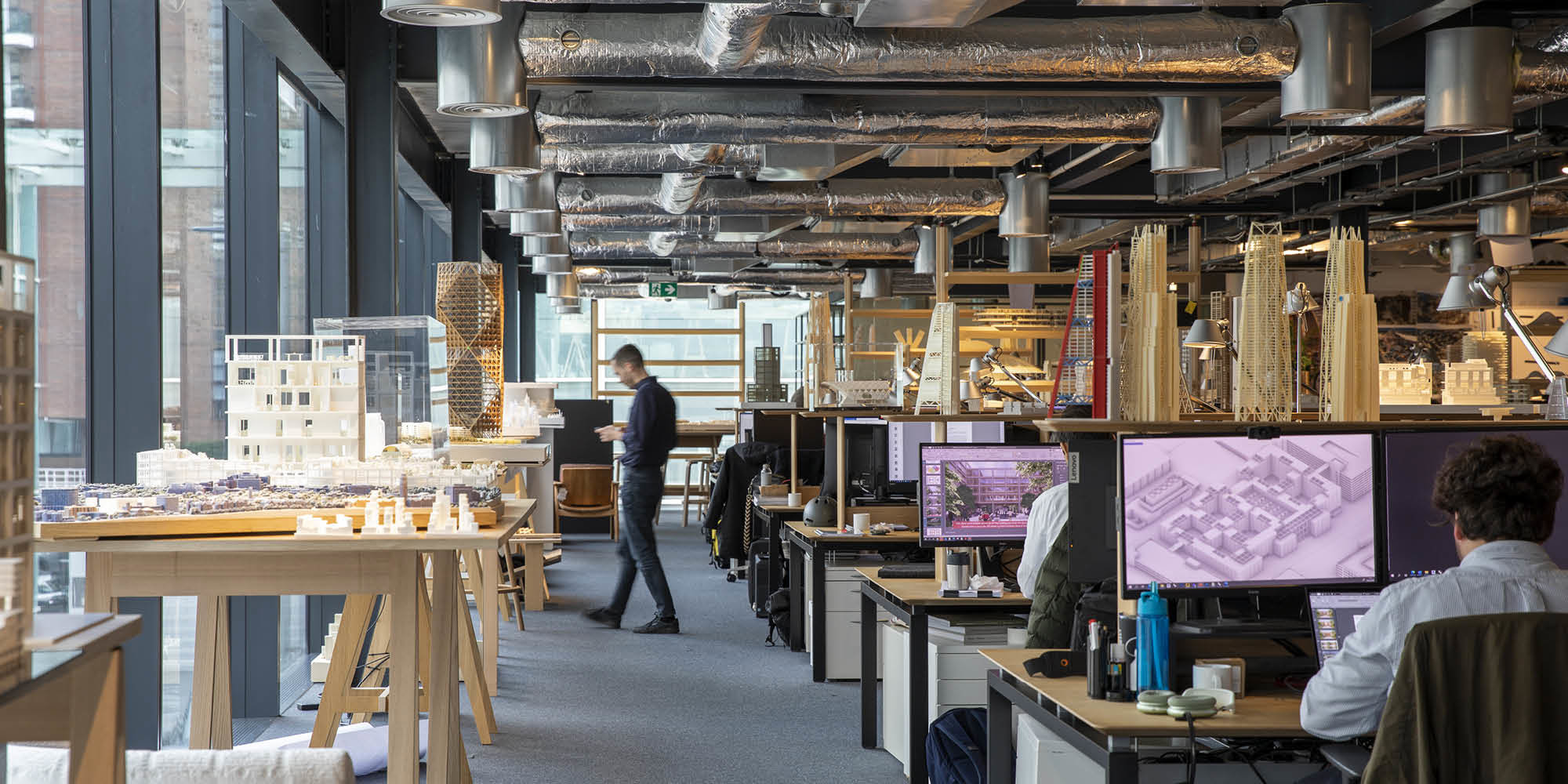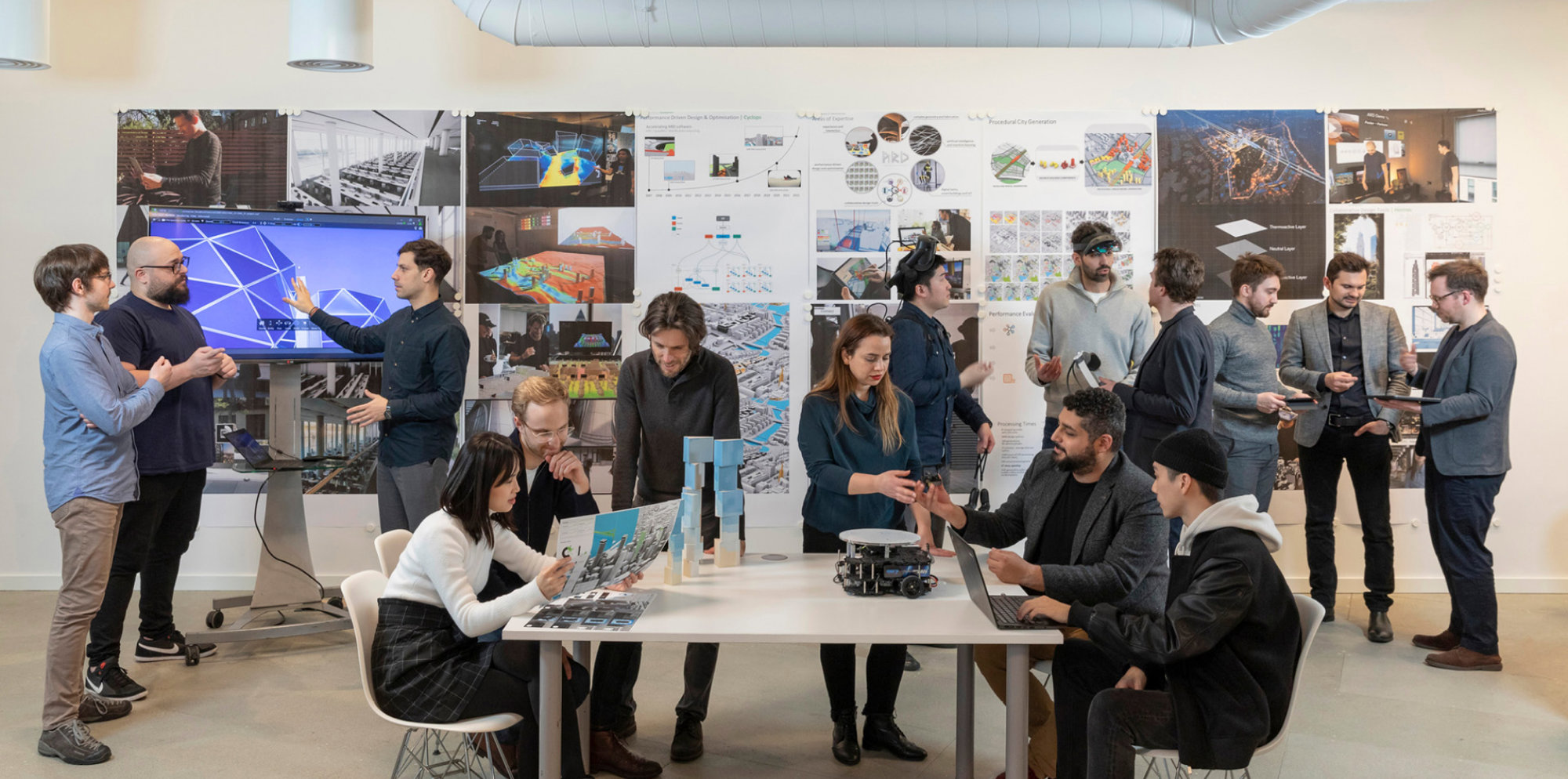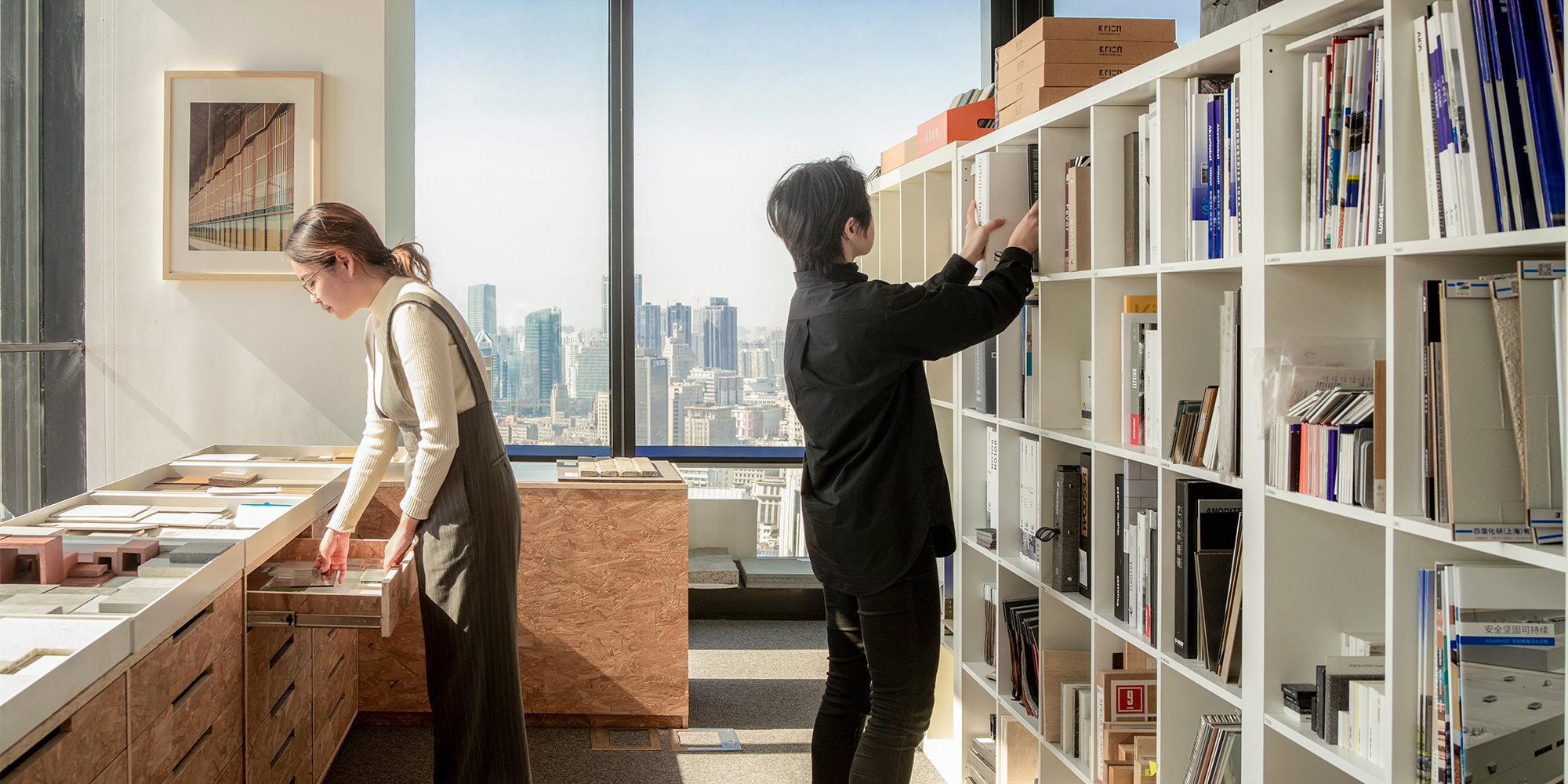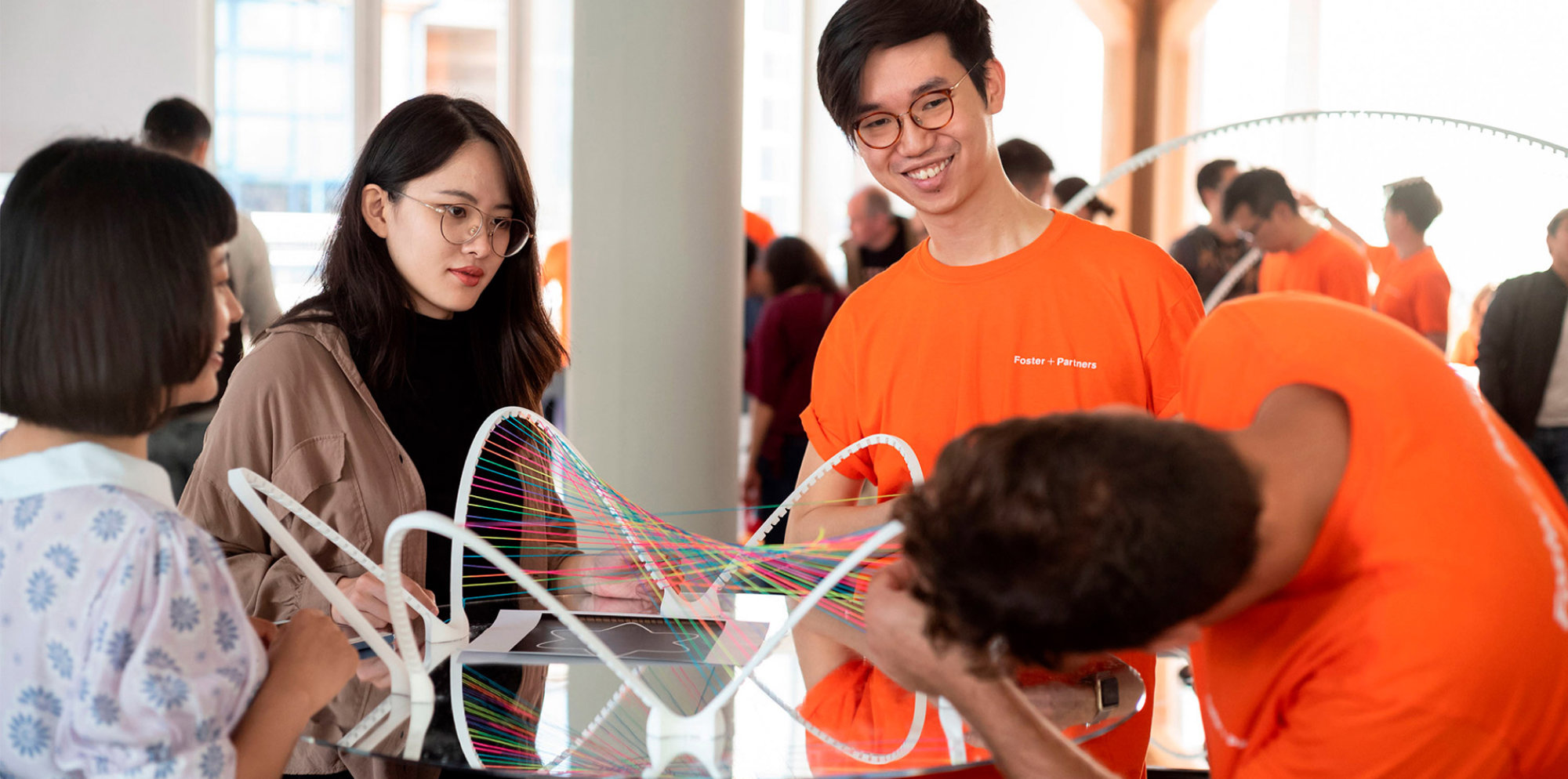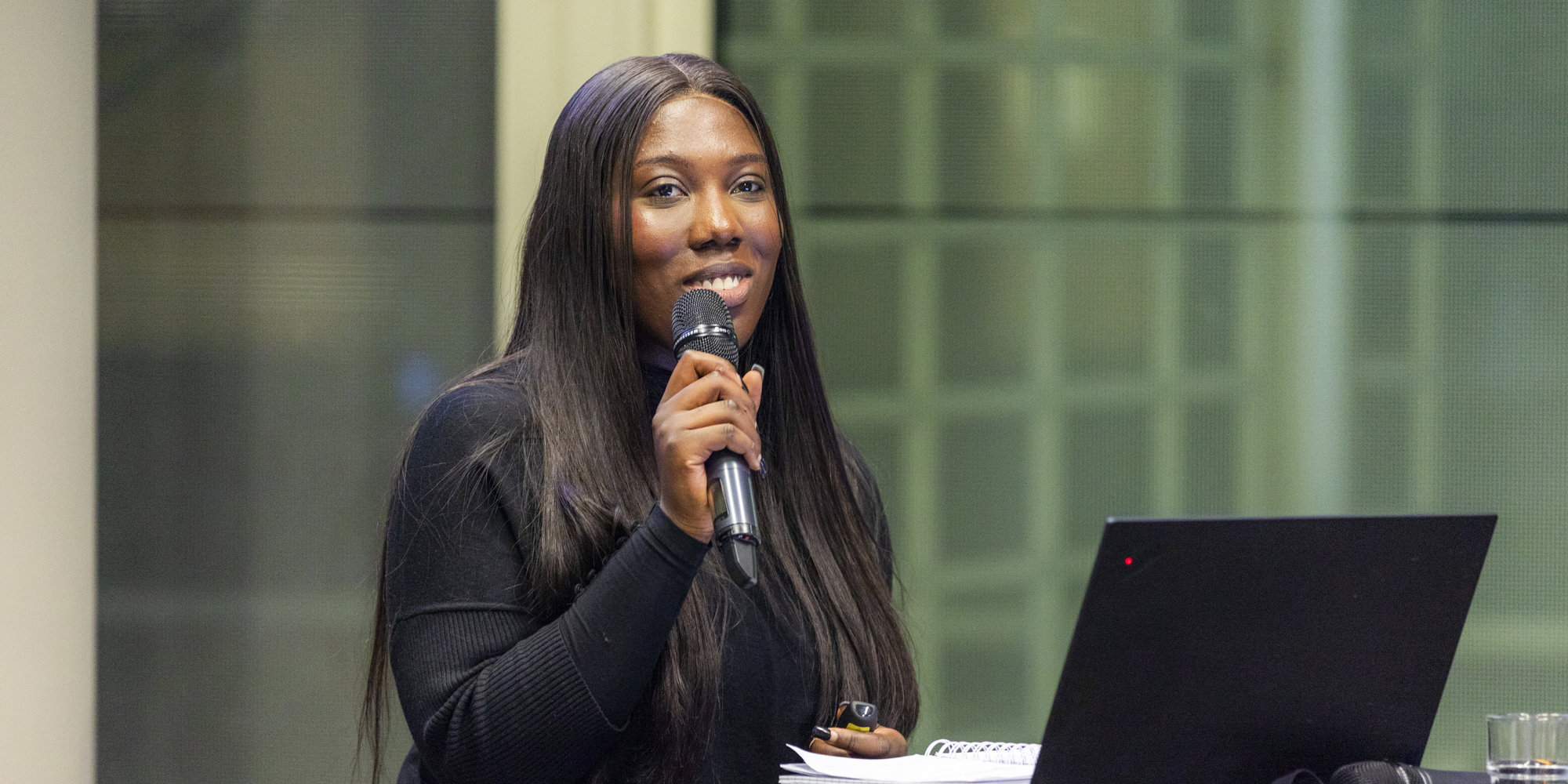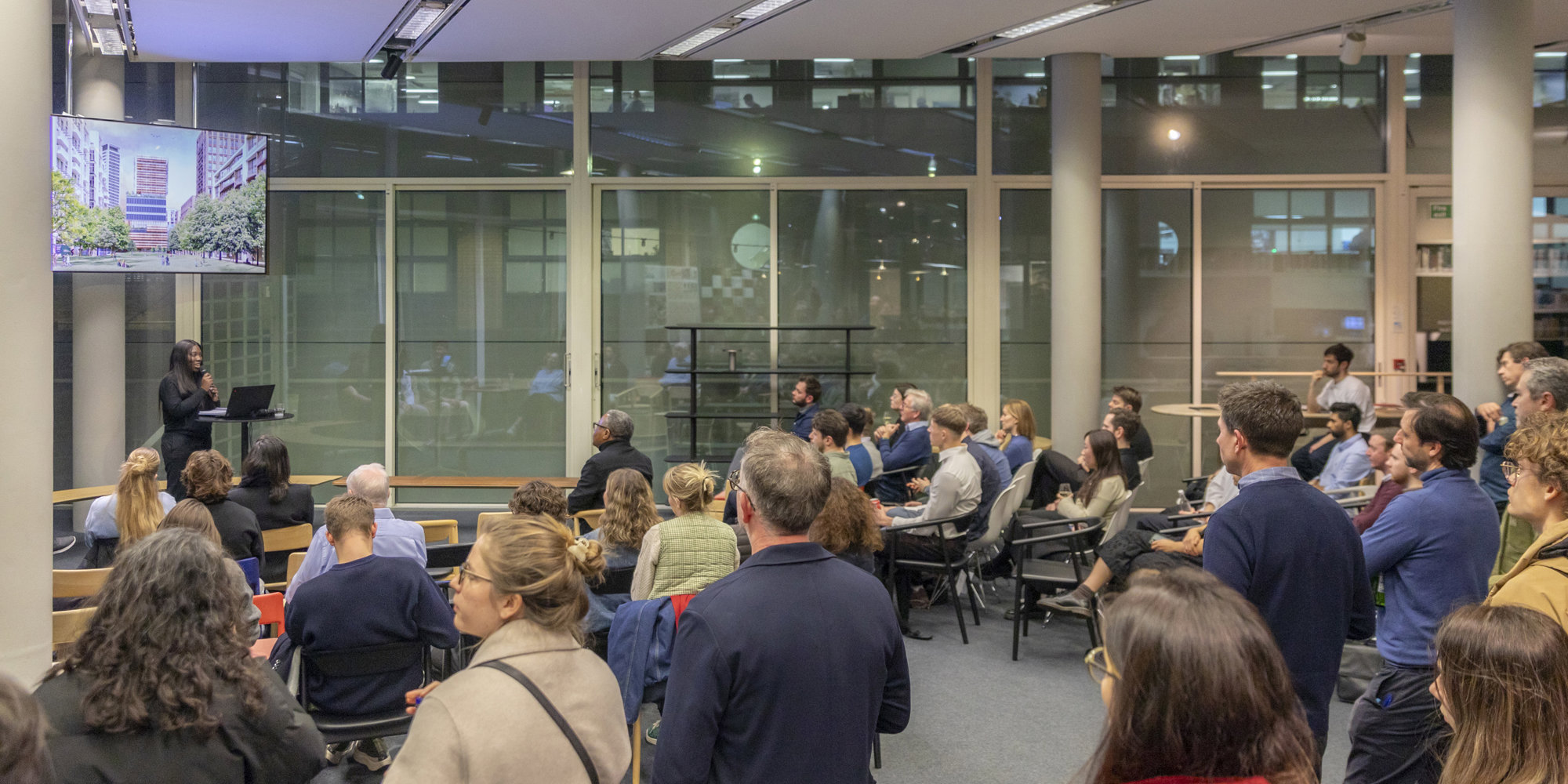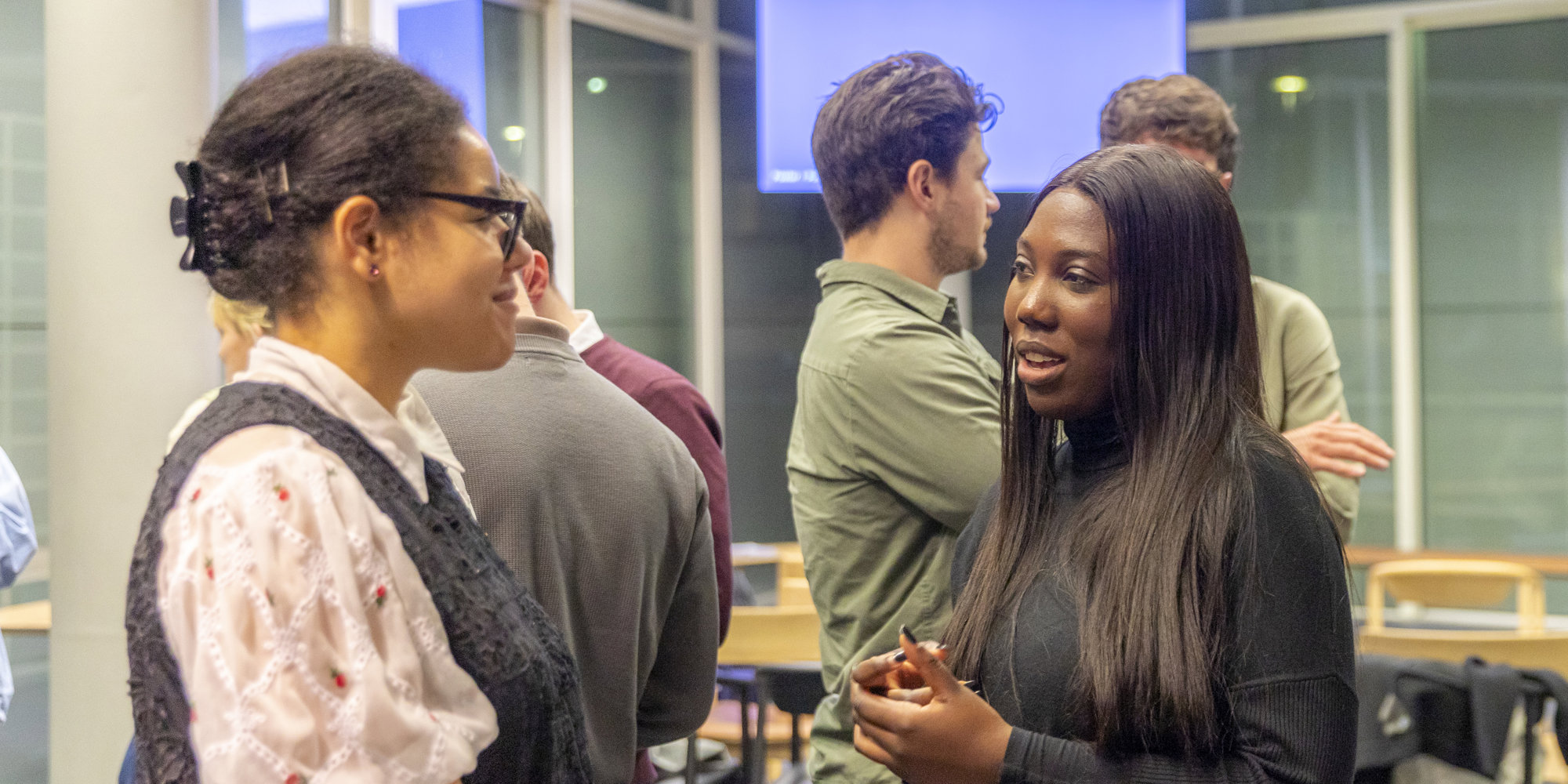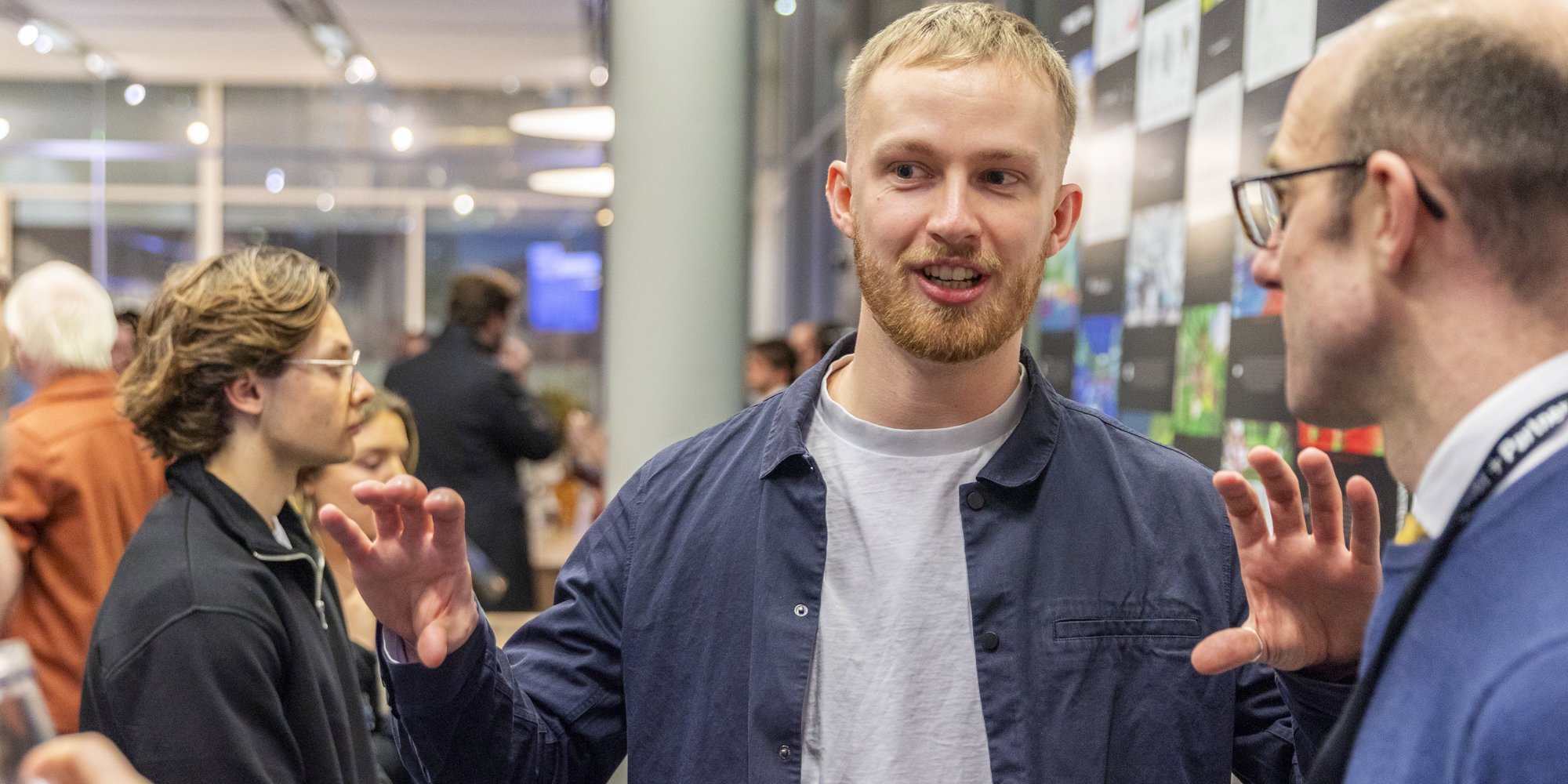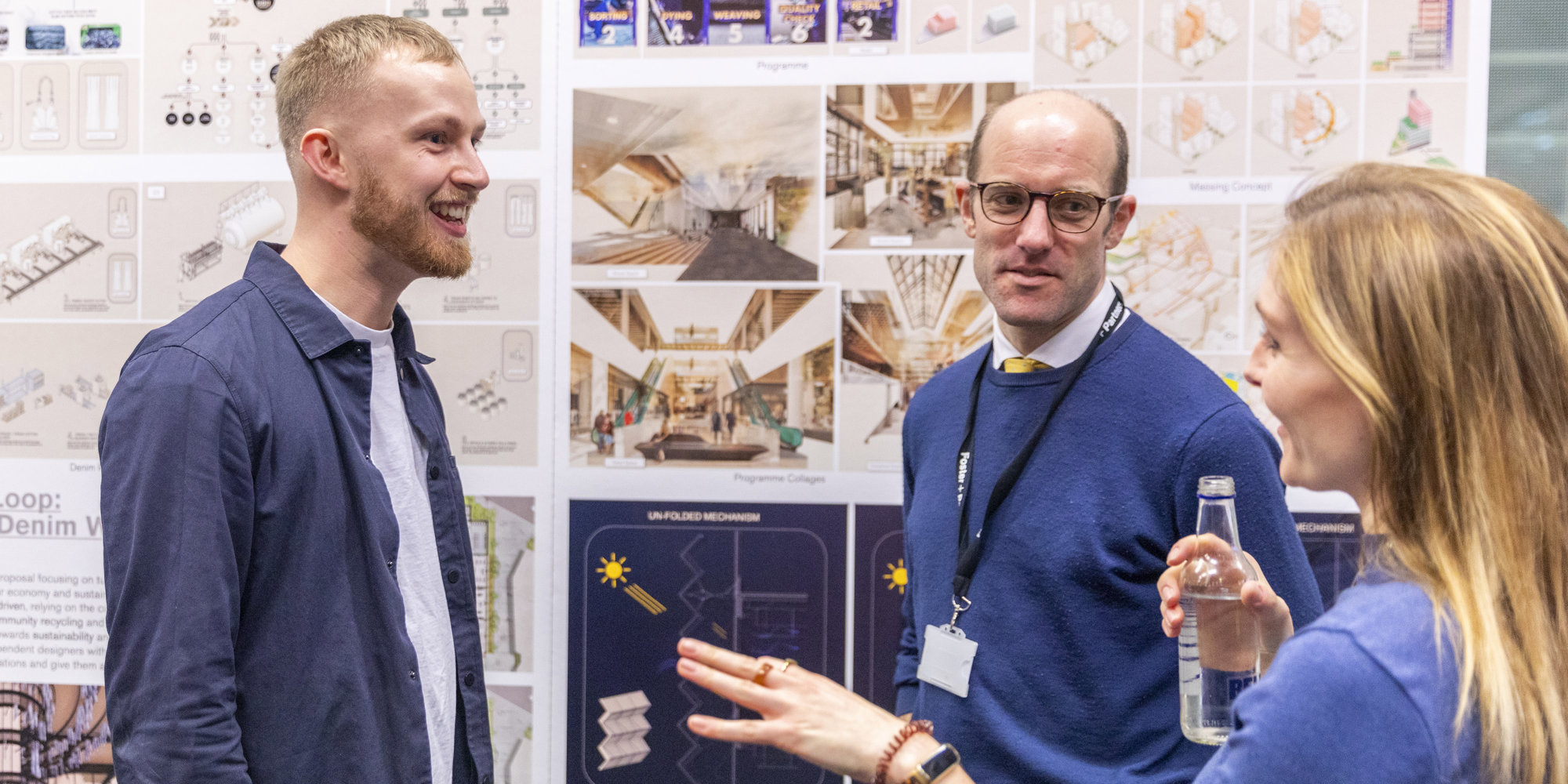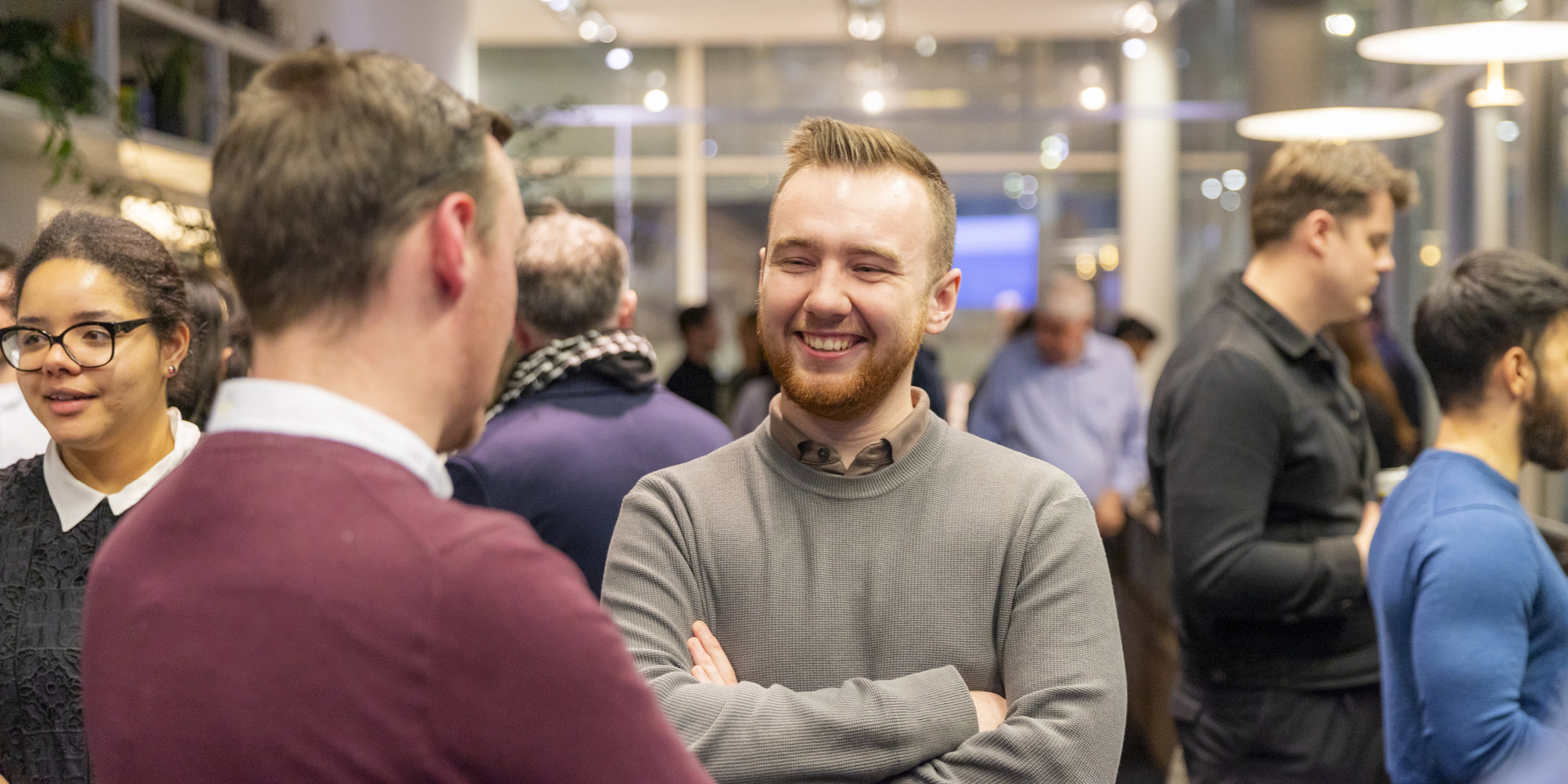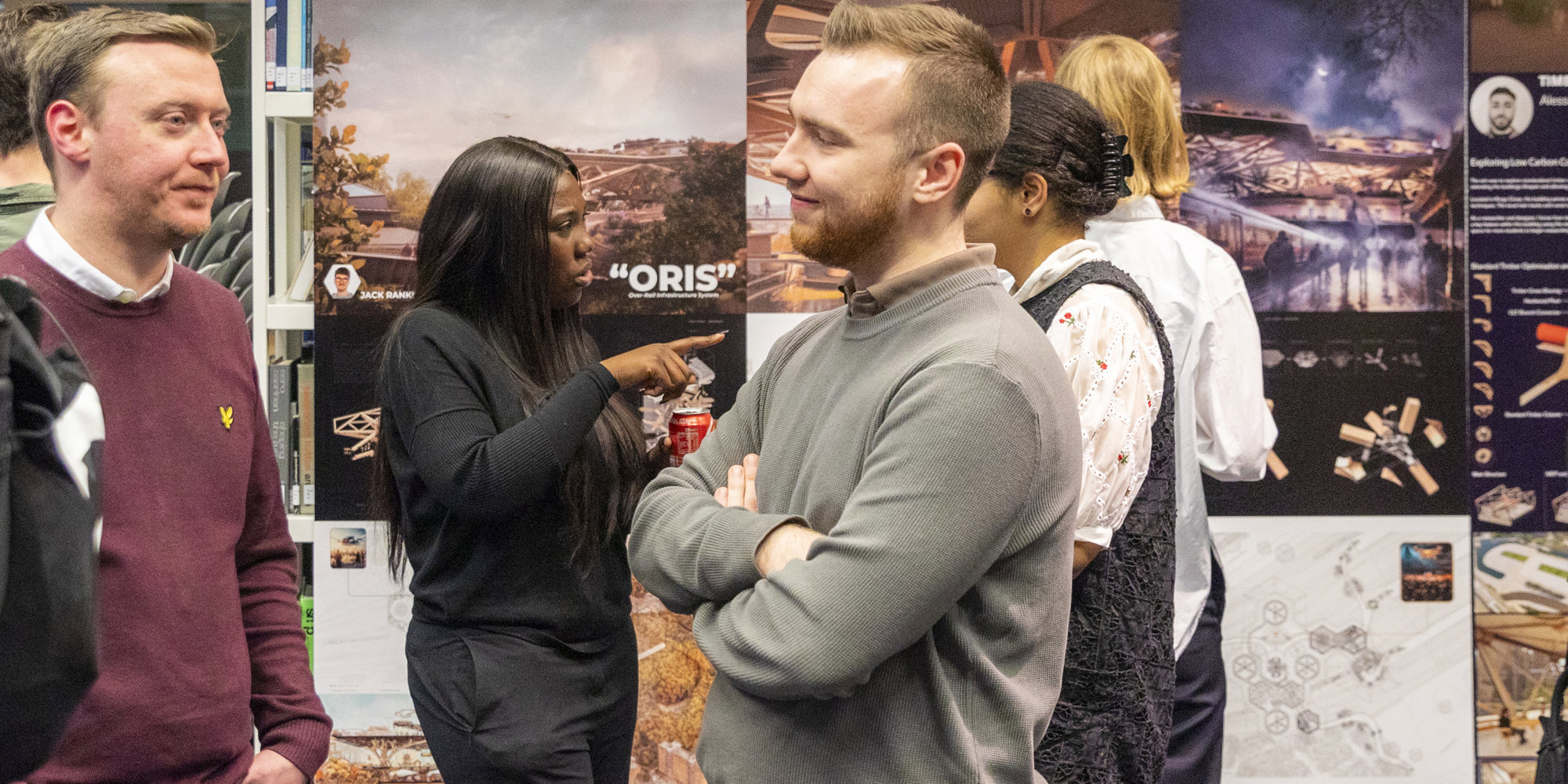Since 2018, Foster + Partners has been delivering a range of apprenticeships, from architecture to IT and finance. Apprenticeships offer an alternative route to gaining qualifications, by combining practical experience in the workplace with academic training. Apprentices are employed by the practice on a full-time basis, with 20% of their contracted time dedicated to studying.
To mark National Apprenticeship Week and explore this year’s ‘skills for life’ theme, three of Foster + Partners’ apprentices reflect on their experience so far.
